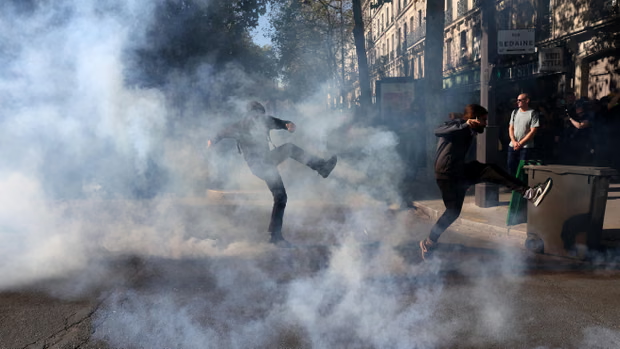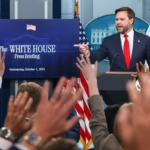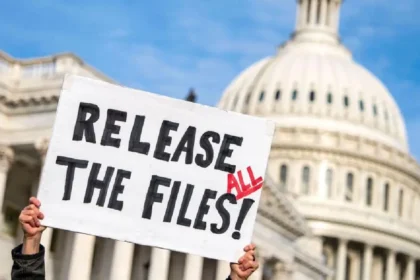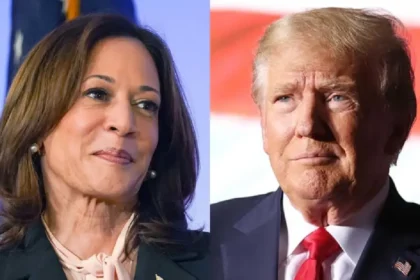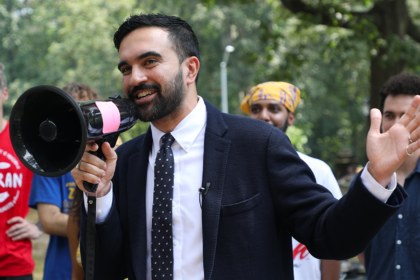In France, the aftermath of a political crisis deepened on Thursday as trade unions mobilized fresh nationwide strikes to press newly appointed Prime Minister Sébastien Lecornu to reconsider austerity plans and introduce measures such as a tax on the ultra-wealthy. With Lecornu still struggling to form a full government, unions and demonstrators demanded stronger social protections, an end to budget cuts, and greater tax justice.
Political Uncertainty Fuels Discontent
Lecornu was appointed in early September after his predecessor, François Bayrou, was ousted following clashes over controversial budget proposals. However, Lecornu has yet to establish a cabinet, echoing France’s ongoing political instability. This delay has frustrated critics and opposition groups alike, who argue that governance should have already resumed.
Unions view this vacuum as an opening to amplify pressure. They argue that without decisive leadership, ongoing austerity efforts will erode public services and widen inequality. During Thursday’s action, around 240 marches and protests took place in cities and towns across the country, signaling a coordinated effort to force Lecornu’s hand.
Why Unions Are Mobilizing
Trade union leaders have made several demands:
-
Reversal of proposed budget cuts — Many public-sector workers and social services face funding reductions that unions say will degrade education, healthcare, and other critical services.
-
Introduction of a wealth tax — A symbolic policy for many unions, this measure would target France’s richest to help redistribute fiscal burden and bolster social programs.
-
Protection of pensions and social benefits — Unions have pressed Lecornu to reverse or temper Macron-era pension reforms, which increased the retirement age and reduced benefits in many cases.
Lecornu, however, has publicly ruled out creating a new wealth tax and reversing core pension reforms, insisting that the next budget must maintain fiscal responsibility. He has offered only modest adjustments to pension provisions and other social measures — a stance many unions view as insufficient.
Public Support, but Lower Turnout
Thursday’s strike was expected to draw fewer participants than the major demonstrations on September 18, which reportedly involved up to a million participants. While Thursday’s protests were smaller, union organizers and demonstrators said the momentum was still clear, with many rallies reaching thousands.
Some union leaders noted that uncertainty about the political vacuum and reluctance to disrupt public services further dampened participation. Nevertheless, thousands took to the streets in Paris, Lyon, Marseille, Bordeaux, and other cities, demanding Lecornu’s government listen to the people rather than default to strict economic orthodoxy.
Challenges for Lecornu
The nascent prime minister faces a tough path ahead. His centrist government lacks a majority in the National Assembly, meaning he will need support from both right-wing and left-wing parties to pass any budget. Opposition parties have already signaled that they will condition their backing on concessions in social spending, taxation, and public services.
Meanwhile, investors and rating agencies are closely watching France’s fiscal strategy. The country is wrestling with a deficit well above EU norms, and there is pressure to rein in public spending. Lecornu has pitched a target deficit of approximately 4.7% of GDP — only a slight improvement from previous projections.
Further complicating matters is the growing coalition of unions and social movements under the banner “Bloquons Tout” (“Let’s Block Everything”). This grassroots initiative, launched earlier in September, aims to coordinate civil disobedience and protest actions beyond traditional union frameworks, turning diffuse frustration into a broader mobilization.
What Could Happen Next
Lecornu is expected to deliver his first address to parliament soon, where he may also formally announce his cabinet. That speech could set the tone for whether he attempts to soften austerity measures or double down on fiscal discipline.
Union leaders have pledged additional actions if their demands are ignored. These could include further strikes, coordinated slowdowns in critical sectors, and sustained public pressure. The political climate is already volatile, and a refusal by Lecornu to engage may deepen public anger and open risks to government stability.
Opposition groups on both the left and the far right are watching closely. Some may exploit the unrest to push for no-confidence votes or force early elections, especially if they view Lecornu’s position as untenable.
For now, France stands at a crossroads. The new prime minister must navigate between investor demands, public pressure, and coalition politics — while unions and citizens expect more than half-measures. The outcome of this standoff could determine not just France’s budget path but also the fate of its social contract at a moment of intense global economic strain.


